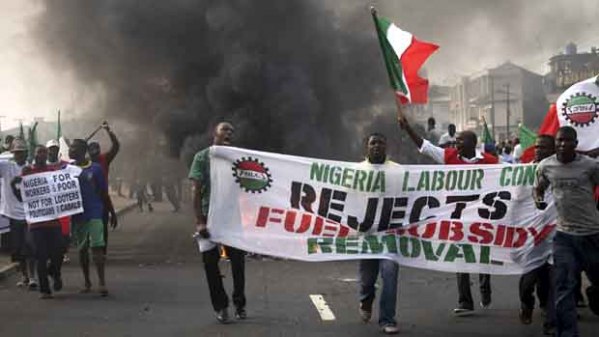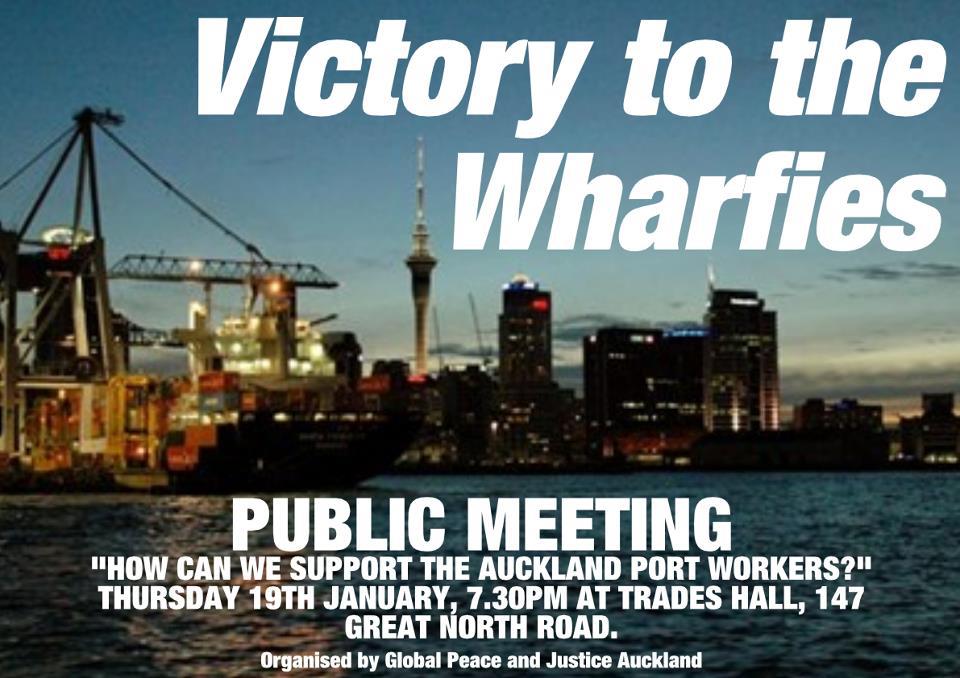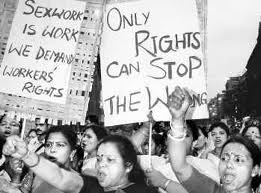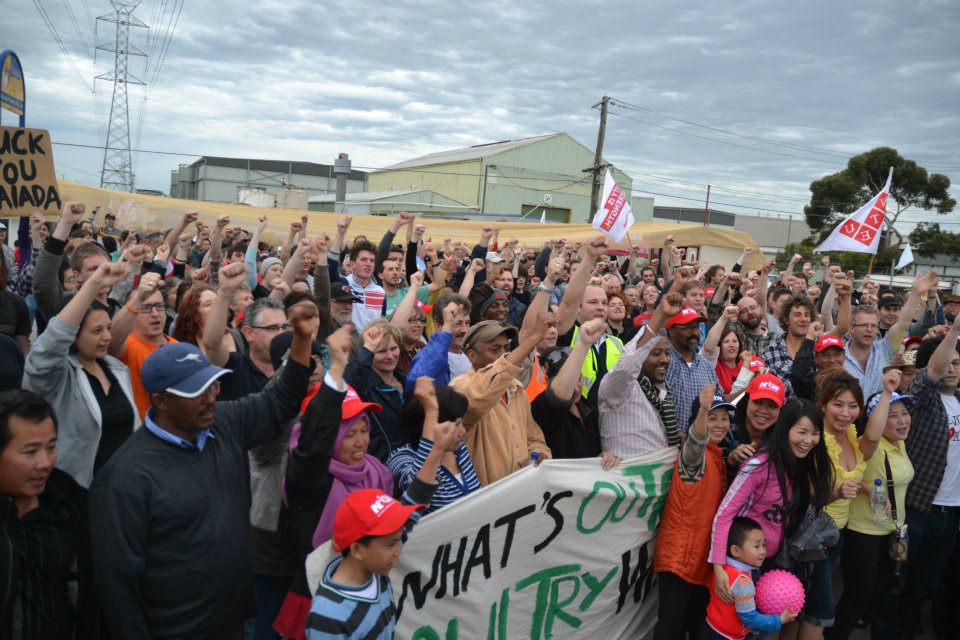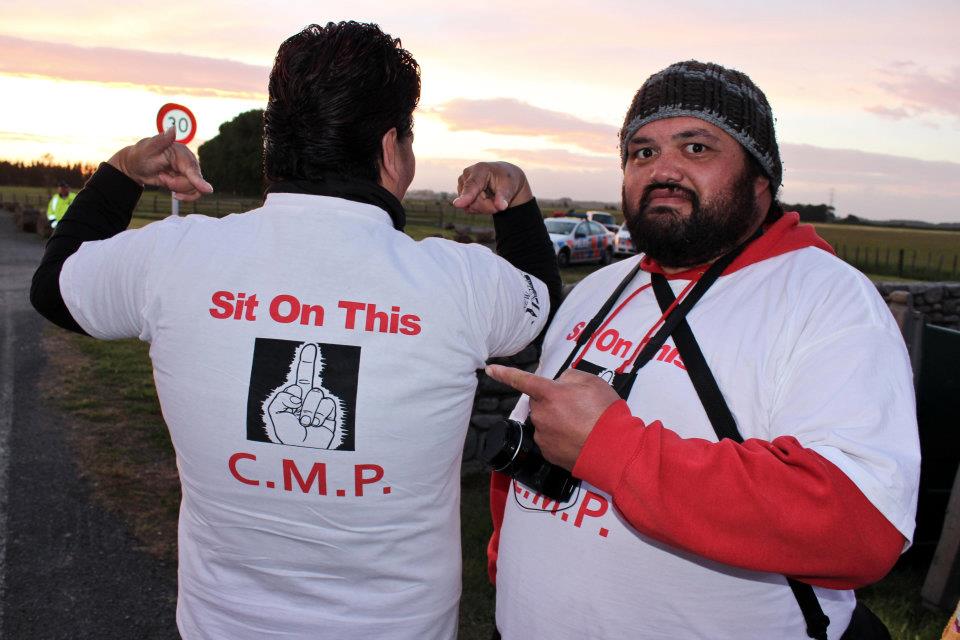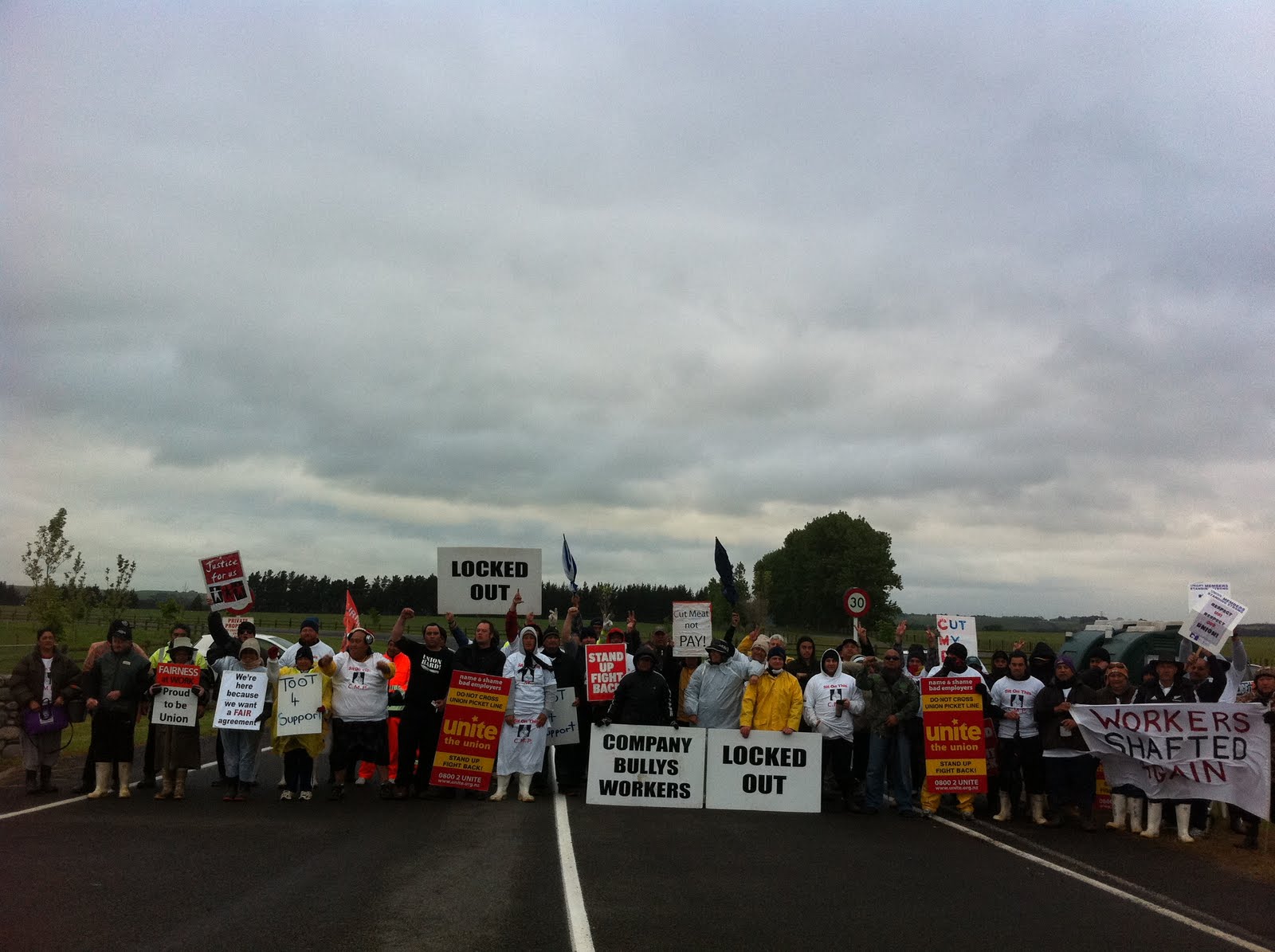A day of free workshops on Sunday, February 12th in South Hagley Park.
An initiative of Occupy Christchurch
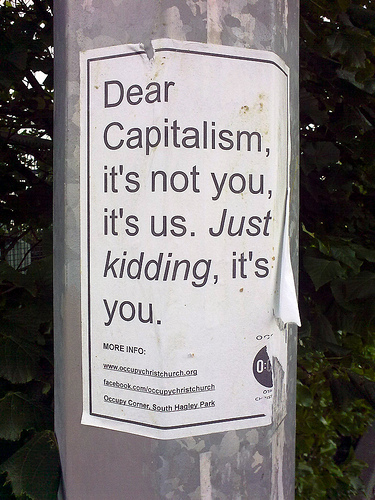 10am: Occupy Movement and Local Issues
10am: Occupy Movement and Local Issues
How can we develop the Occupy Movement to be an effective political and social force in Christchurch and Canterbury?
11am: Situationism & post situationism
The Situationist International, having been cited as an inspiration for OWS, deserve a second look. While aspects of the SIs’ pre-68 analysis and even modified lessons from the May-June ’68 “evenements” themselves have been seamlessly integrated into OWSs’ processes, as the general assembly, strictly mandated “working group” sub committees and so on, using information readily available on the web, I think there are lessons in the underreported years ’69 to 2010 that haven’t been looked at yet.
12pm: Cooking with Bartman
A cooking lesson from one of Occupy Corners resident chefs
1pm:Breakforlunch.
2pm:FacilitatingConsensus.
A workshop to develop skills and understanding of the role of facilitation in consensus based groups. Discussion will cover decision-making tools, active listening skills, hierarchy, participation, and working together. Facilitator – Joanna Wildish.
3pm:Feminism
The issue of the oppression of women in our society is one that every social movement should be engaging with. This workshop will be a space for discussion of feminist issues.
4pm: Mental Health
With mental illness effecting one in five people, mental health is a topic we need to engage with. Discussions on the relationship between capitalism, activism and mental health, and sharing of information to challenge stigma and discrimination onsite will be the basis of this workshop.
5pm: The Mechanics of Capitalism
How does capitalism work? Topics covered will be the class nature of society, exploitation, hegemony and more.


